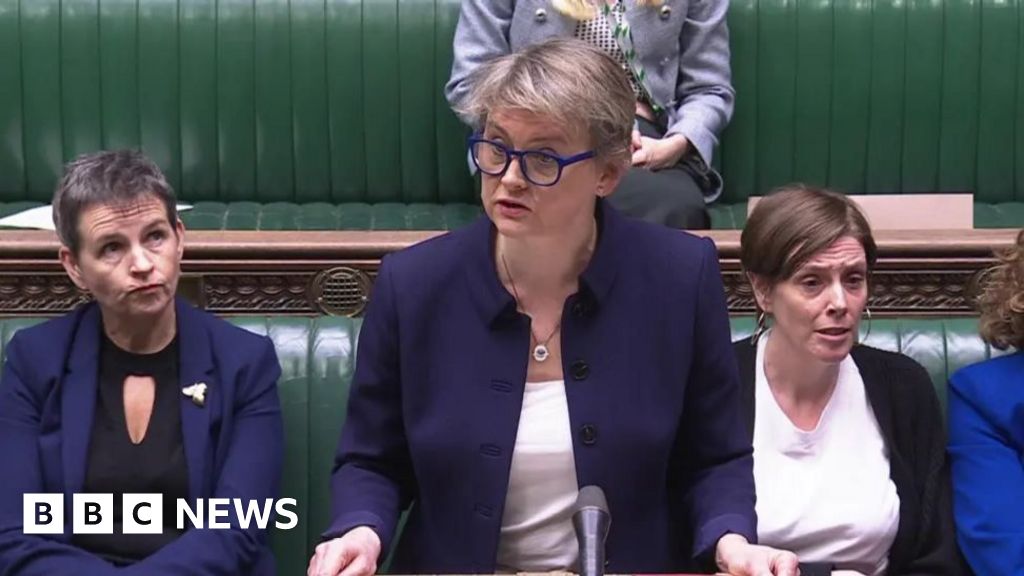ARTICLE AD BOX
By Brian Wheeler
BBC News
Image source, Getty Images
Image caption, Boris Johnson is known to use WhatsAppThe government is facing a High Court challenge over its use of self-deleting WhatsApp messages.
Official guidelines have emerged saying ministers must turn on the disappearing message function, which wipes WhatsApp chats soon after they have been sent.
If they have discussed government business, the rules say officials must make a record of it for the archives.
But transparency campaigners said this was "unlawful" and have secured a judicial review of the rules.
Cori Crider, director of campaigning law group Foxglove, said: "We're delighted we've won the right to take WhatsApp government to court.
"This is the first case of its kind, and it raises a critical issue in modern government. We're doing this to defend the integrity of our public debate. We can't learn from history if the evidence has vanished into thin air."
The group has argued that using vanishing message apps - such as WhatsApp and Signal - violated the Public Records Act of 1958, which requires legal checks to be made on messages in case they need to be kept for the public interest.
It also represented a threat to the integrity of our public record and Freedom of Information laws, campaigners said.
The Cabinet Office said it did not comment on specific legal cases.
A spokesman added: "Ministers will use a range of modern forms of communication for discussions, in line with legislative requirements, and taking into account government guidance."
'Switched off'
Ministers' use of private email, text and messaging services has been at the centre of growing concerns in recent months.
Some of Boris Johnson's WhatsApp messages were revealed by Dominic Cummings, as he sought to expose shortcomings in the government's handling of the Covid crisis.
But these had apparently been captured in screen shots by the PM's former adviser.
It has now emerged in documents released by the High Court that ministers and officials are told to ensure their WhatsApp chats disappear when they are finished - although the chats are stored for a short time in case they need to be accessed.
A confidential Cabinet Office guidance document from February this year said: "Instant messaging is provided to all staff and should be used in preference to email for routine communications where there is no need to retain a record of the communication.
"Instant messages history in individual and group chats must be switched off and should not be retained once a session is finished.
"If the content of an instant message is required for the record or as an audit trail, a note for the record should be created and the message content saved in that.
"For example, written up in an email or in a document created in a word processor which is itself saved into the relevant drive."
'Dangerous'
Foxglove, which is bringing the case on behalf of political campaign group the Citizens, said there was no evidence of officials ever following this procedure, and that the rules were "all over the place".
Clara Maguire, director of the Citizens, said Tuesday's select committee report into the government's handling of the pandemic showed a "culture of secrecy contributed to tens of thousands of excess deaths".
"We believe this case goes to the very heart of this problem and we look forward to proving government by WhatsApp is not only dangerous but also unlawful," she added.

 3 years ago
117
3 years ago
117








 English (US) ·
English (US) ·